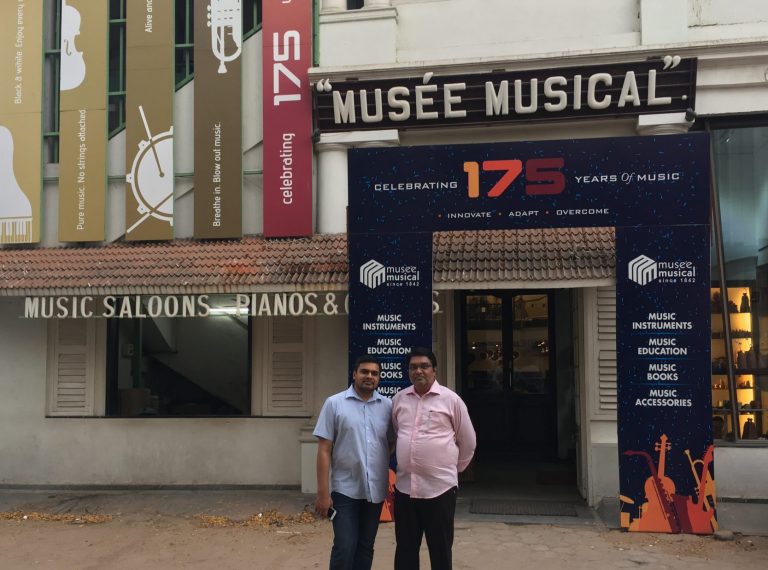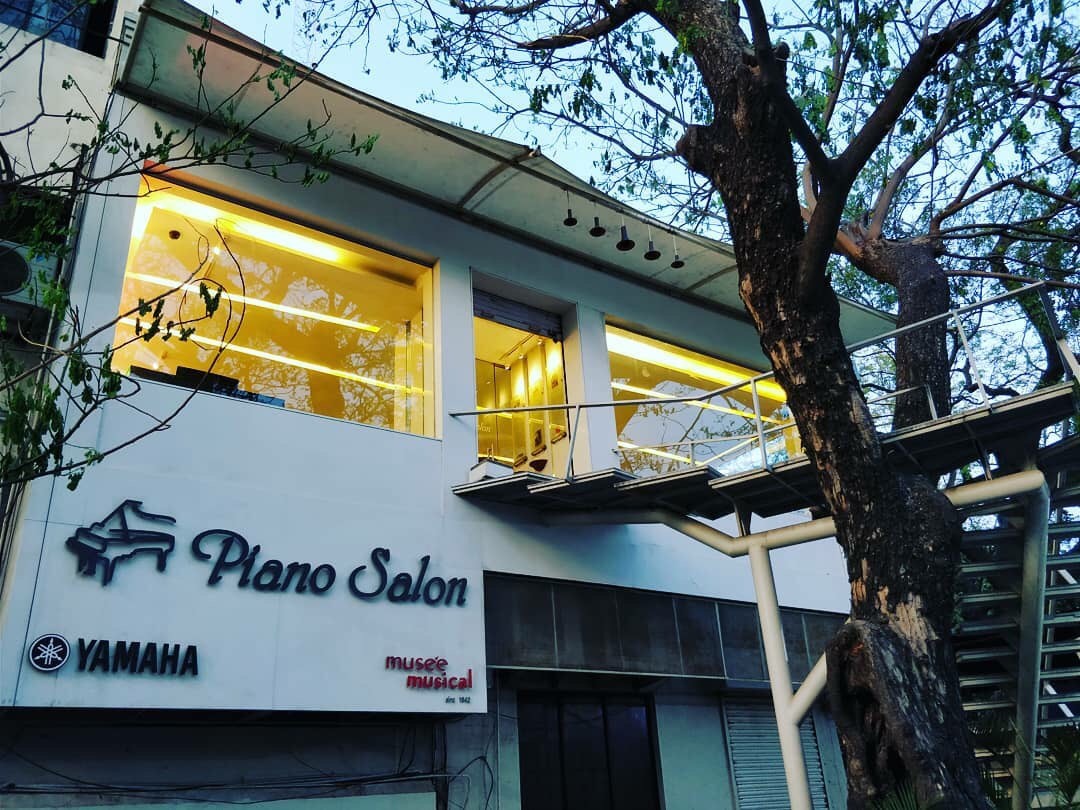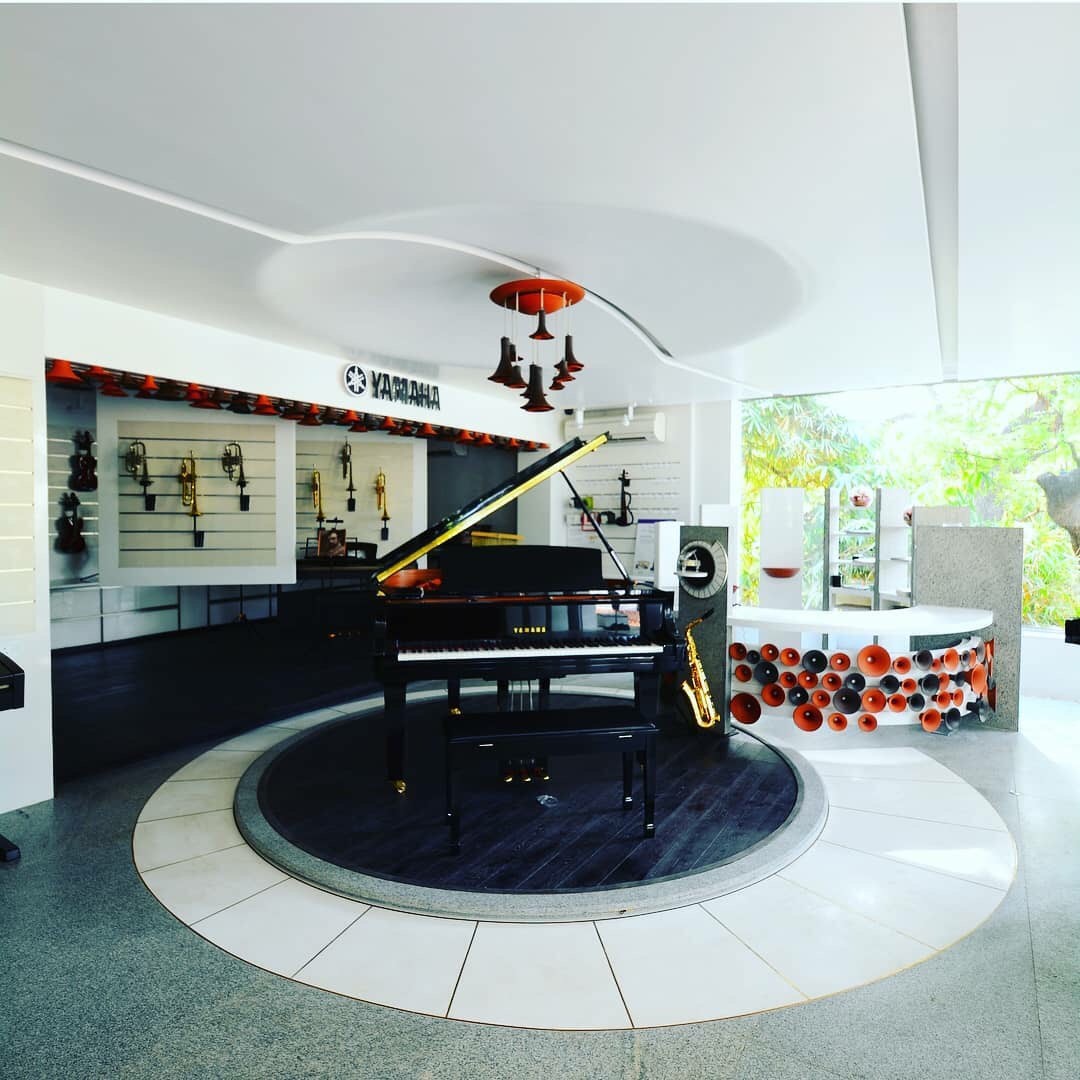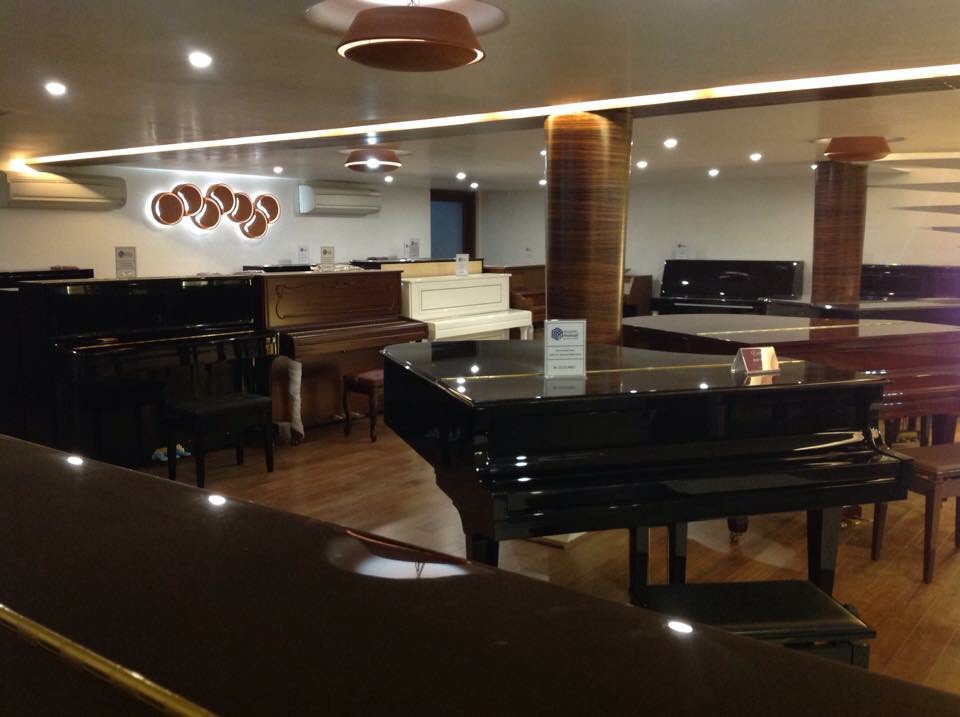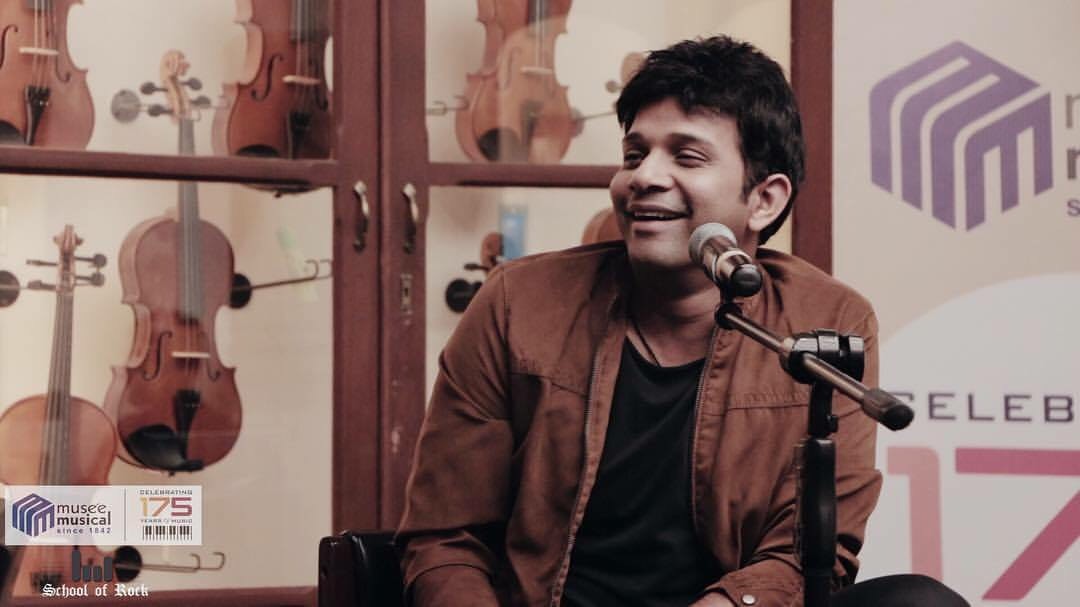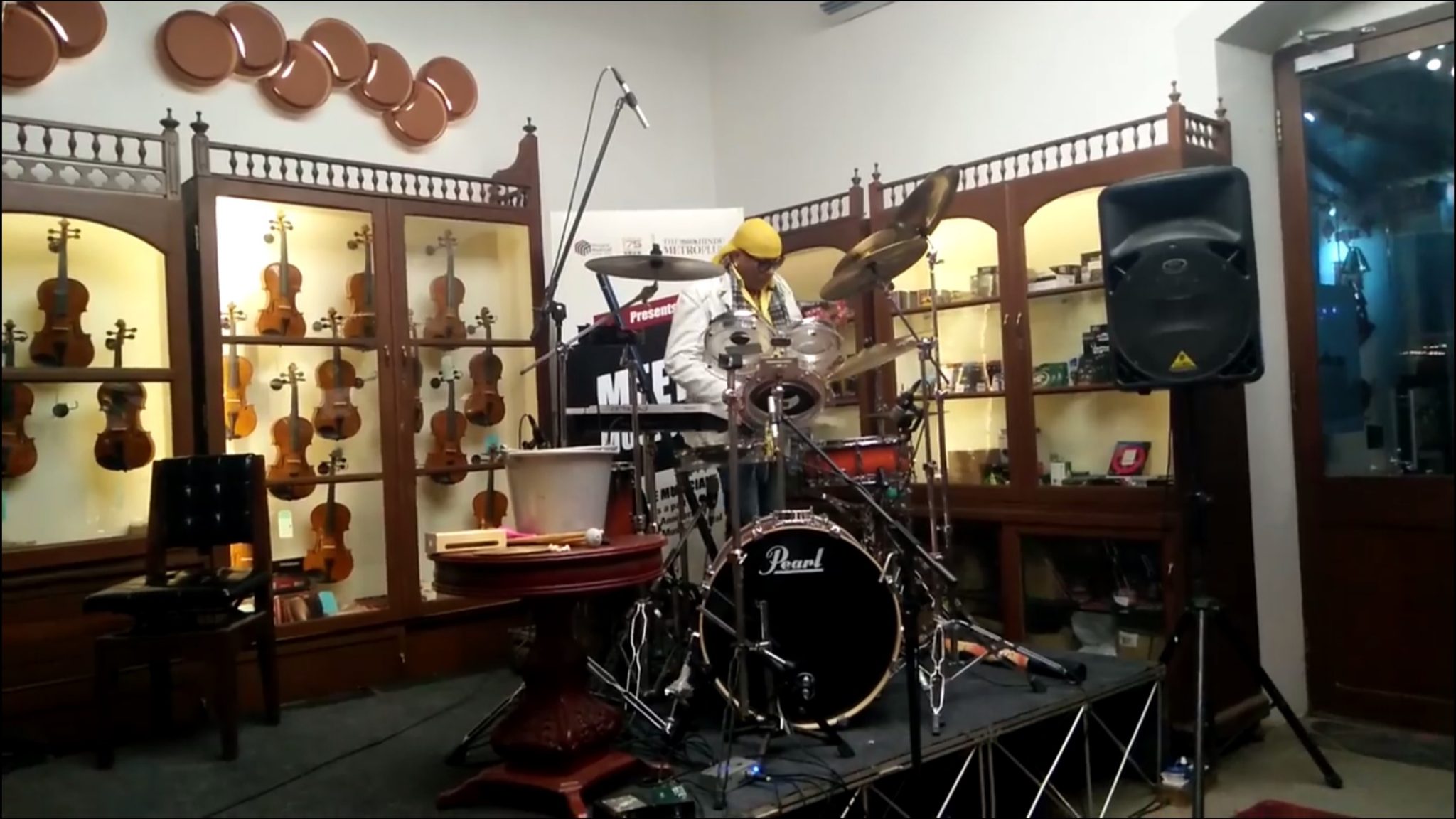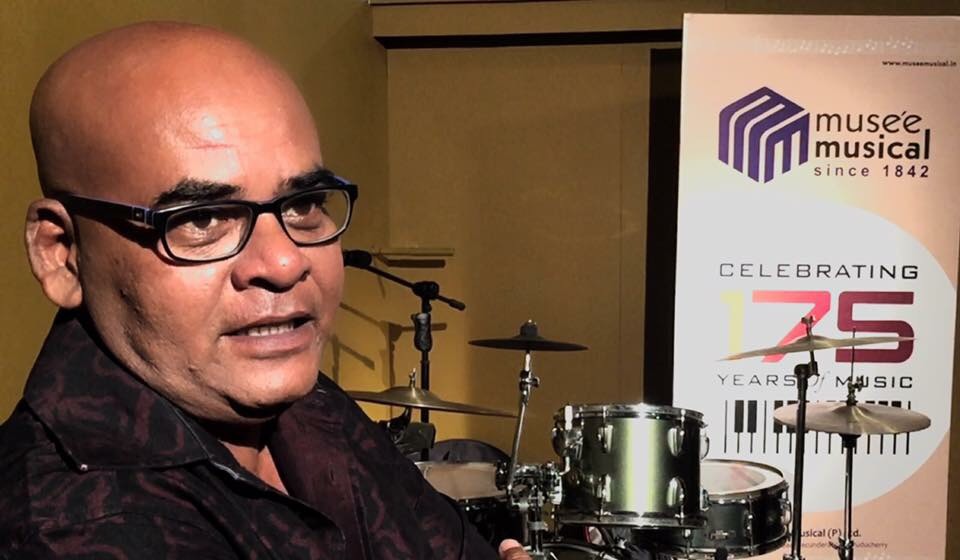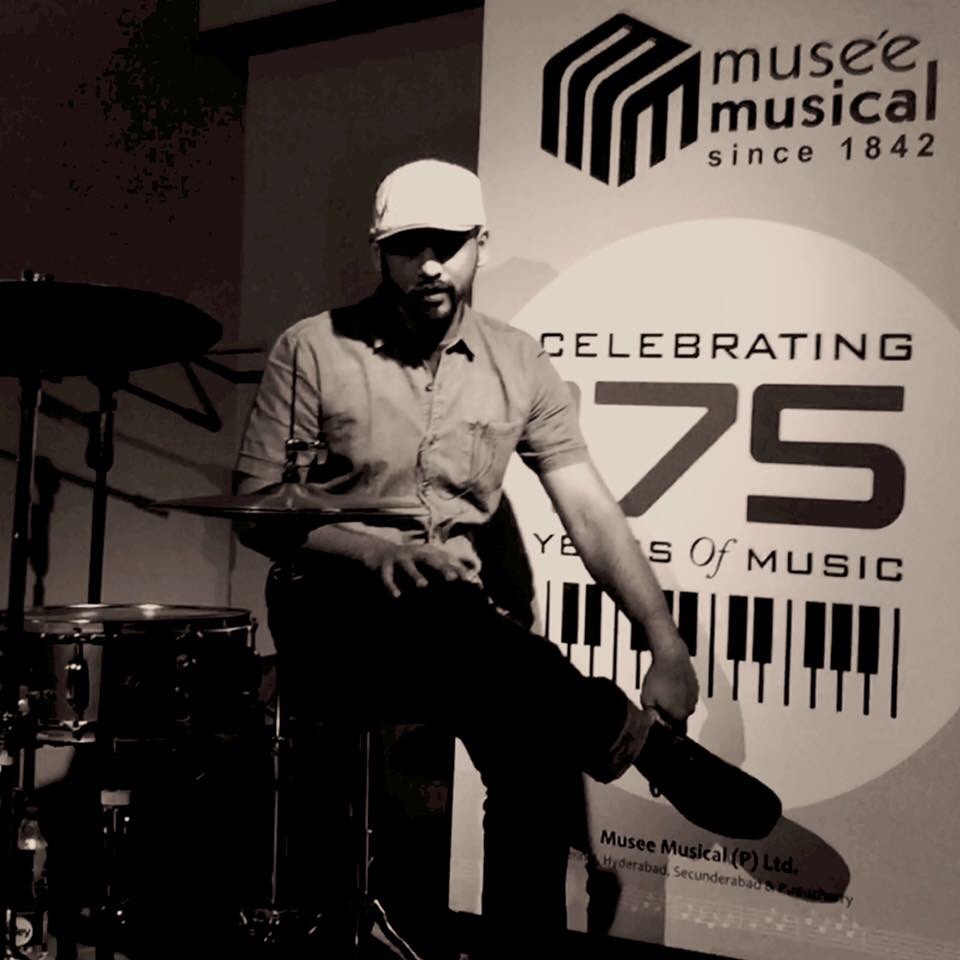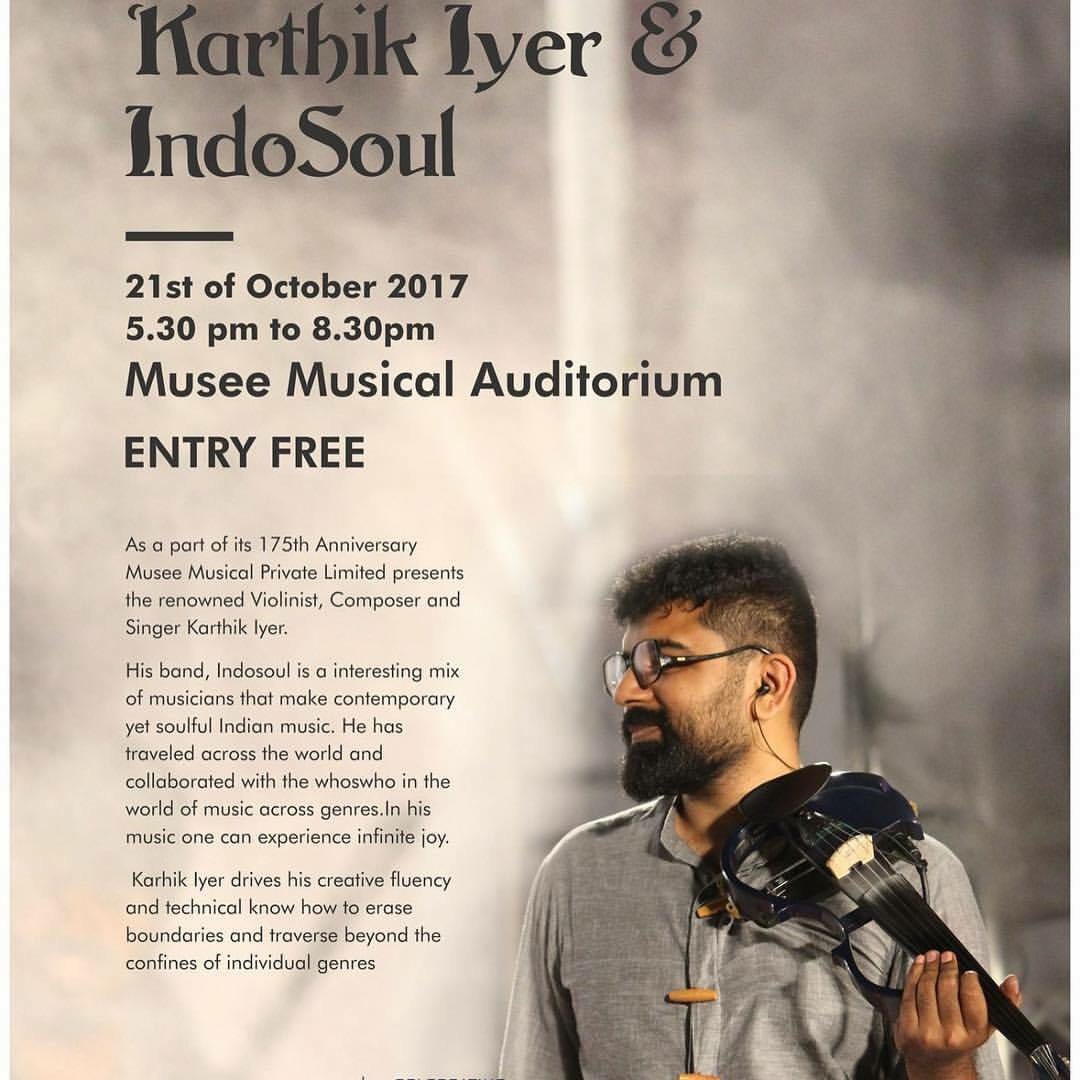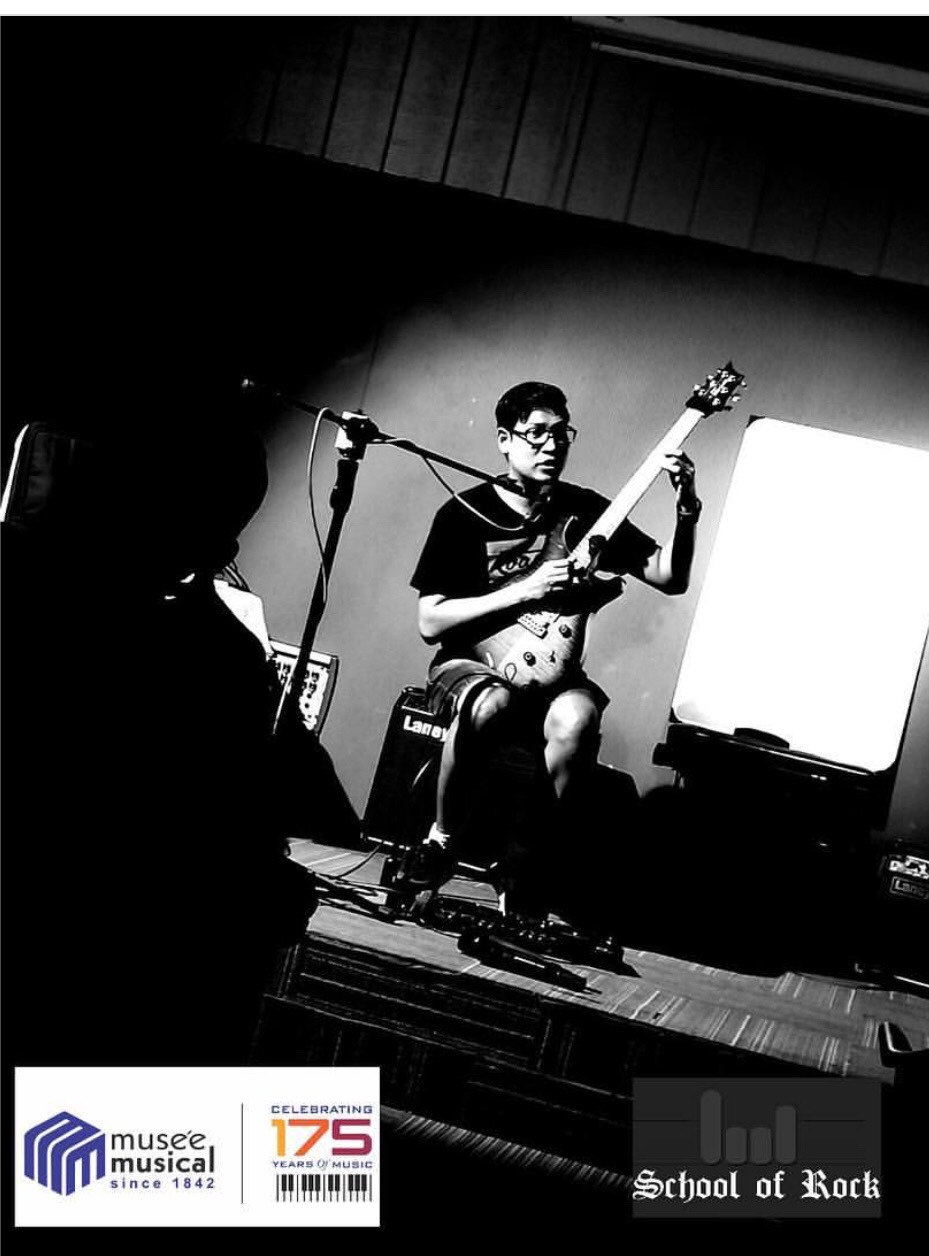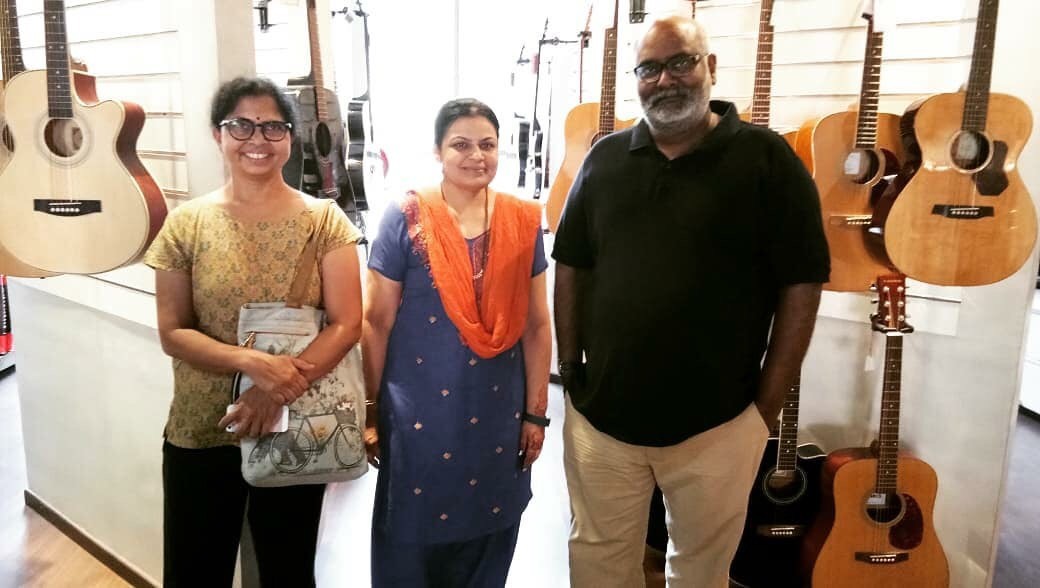Nikhil Sardana: How does it feel to be celebrating 175 years of Musée Musical and continuing the chairman, Mr MH Das’ legacy forward?
Sachin Das: I feel very honoured and privileged. At the same time, I also feel it is a huge responsibility to carry forward this legacy which we have inherited and sometimes it is daunting. Musée has been a guiding light to the Music fraternity in these past years and with today’s rapid technological influences in every aspect of our life and more particularly in the Music world, it becomes necessary and important to focus and invest in the right influences of music making and music education.
Kishore Das: While I do agree with Sachin and feel the same, I think retaining the essence of the traditional approach which our founding fathers have laid as the bedrock of the values we believe in and have sustained the company for all these years will be the core of our approach going forward. Rightly pointed out by Sachin, marrying these values with the modern positive influences will the biggest challenge for us as we continue to take this company to the next leap.
NS: When did you join the family business? Please share your respective backgrounds with us.
SD: I am a practicing Architect and I have opted to work on the education side of the organisation, which personally for me keeps the creative connect. I am now working from 1998 and trying to put more academic rigour in all our music education endeavours. We have also set up a foundation with a mission to work with the most deserving students without worrying about the finances. This foundation will support all our music education projects and our investments in the same. The aim of the foundation is to be conduit between organisations who would want to support and invest in music education and the musicians and students who would want to upskill their pursuits, may with knowledge or infrastructure.
KD: I joined Musée when I was 18 and am truly blessed to be a part of this journey. I started off as an apprentice in our production unit where we used to manufacture all music instruments such as pedal organs, guitars, violins, drums, and many others. It was a closed market in the early 1980’s and we were supporting the musicians by producing these instruments with the best craftsmen available in those days. It was a wonderful experience and then I migrated to become a business manager and finally the CEO of the company. We have been trying hard to strike a balance between the purists and the adventurist in this field and to satisfy everyone’s musical needs. This requires a lot of personal intervention and understanding of the musical background. We have tried hard and developed an ethos within the organisation which every staff member imbibes and makes every musician feel at home. Music is an emotional expression and understanding the emotional quotient is far more important that just “selling” the product. This is what we believe in and I am trying hard to ingrain this culture within our organisation as we expand in new territories.
NS: What are your roles today with the organisation?
SD: I am responsible for particularly the education vertical but being on the Board of the Company, I am also into Strategy and Planning. We are working towards restructuring our Board from more of a family run business to a professionally managed organisation. This is something the family has left to me to work out and I am slowly but steadily working on this balanced migration as we do not want to get commercially influenced with external factors and stay true to our philosophy of bringing Music into the lives of people. I hope to someday bring music education in our core learning system alongside language and applied sciences as a positive influencer in developing real life skills.
KD: Being the CEO has been a real honour and privilege, but at the same time retaining the values of such a legacy is quite a challenge and I try to do my best. Of course, goes without saying, bringing the money in is my Job! (Laughs!)
I personally feel that musicianship should be enhanced and technology should only be an aid, not the means.
NS: Tell us about some of the challenges your face working in the music business.
KD: I think the biggest challenge in the current environment is the speed culture. Everything needs to be done fast, but Music is something which can be created only when everything is in harmony and in time. The influence of reality TV and an external perception that the music business is a great field to make more money has brought in many players. Various commercial “techniques”, if I could use the term, are applied to grow the business without understanding the value of an instrument. For us, an instrument is a piece of craft and must be valued with this philosophy but the “product” mentality is affecting the quality of instrument making. Also, the influence of technology is driving youngsters towards the use of technology instead of learning an instrument. This is not a good trend. I personally feel that musicianship should be enhanced and technology should only be an aid, not the means. I have time and again requested Sachin to look at developing an education program which guides people in this direction as it would benefit the industry in the long run.
Music has always been looked upon in our society as either for elitists or as a hobby, and I strongly feel that this must change.
NS: Please share the highlights of your 175 year celebrations.
KD: We have used 175 as a pretext to support young and upcoming musicians. We have had concerts and workshops every fortnight and a lot of students and young musicians have benefitted from the same. At the same time, we have requested leading musicians (Vinayakram, Karthik and Sivamani) to host our “Meet the Musician” series and work in a lecture-demonstration mode to connect with the audience and learners. I wish to thank The Hindu for partnering with us in this series. It has been so successful that we intend to continue this to connect with the younger demographic. We have had many young and upcoming Bands perform as well and are happy to give them a platform.
NS: Why is music and its education important? What is your current position towards promoting Western classical music in India?
SD: Music has always been looked upon in our society as either for elitists or as a hobby, and I strongly feel that this must change. We need to work to bring Music in mainstream education as it is proven to help the overall development of a child and give a more rounded learning experience than purely as a hobby. I can see more parents understanding this fact and investing in giving good music education but at the same time they are still not certain of the child pursuing a career in music. I think we need to work towards creating more opportunities for musicians, not only in films but as professional musicians and develop to build orchestras like the West all over our country and for this to happen we need good quality teaching. This is also the reason why we are investing a lot in teacher training programs in association with other organisations.
I only hope this will start to create a platform for the next generation to look at Music as a career and a professional option, thus helping us to create a better society.
NS: What steps are you planning on taking in the short and long run to promote music education?
SD: We are, for the very first time in India, starting a Pre-college Music program for Piano and Voice to start with and then expand to String and Wind instruments. There is a pre-qualification to apply for this program, but it certainly opens a huge opportunity for all those aspiring students who want to go and study in a good conservatoire in the US or Europe but are not able to make through due to the lack of knowledge and training to get into a full-time degree program. This program will address exactly this gap and is a 5-year part time program that will take place simultaneously with their normal “mainstream” degree. Even if they do not want to get a Music degree, this program prepares them in all aspects of taking up music as a profession, both in performance and teaching. We will be shortly also starting a 2-year full time program in the next phase. I only hope this will start to create a platform for the next generation to look at Music as a career and a professional option, thus helping us to create a better society.



